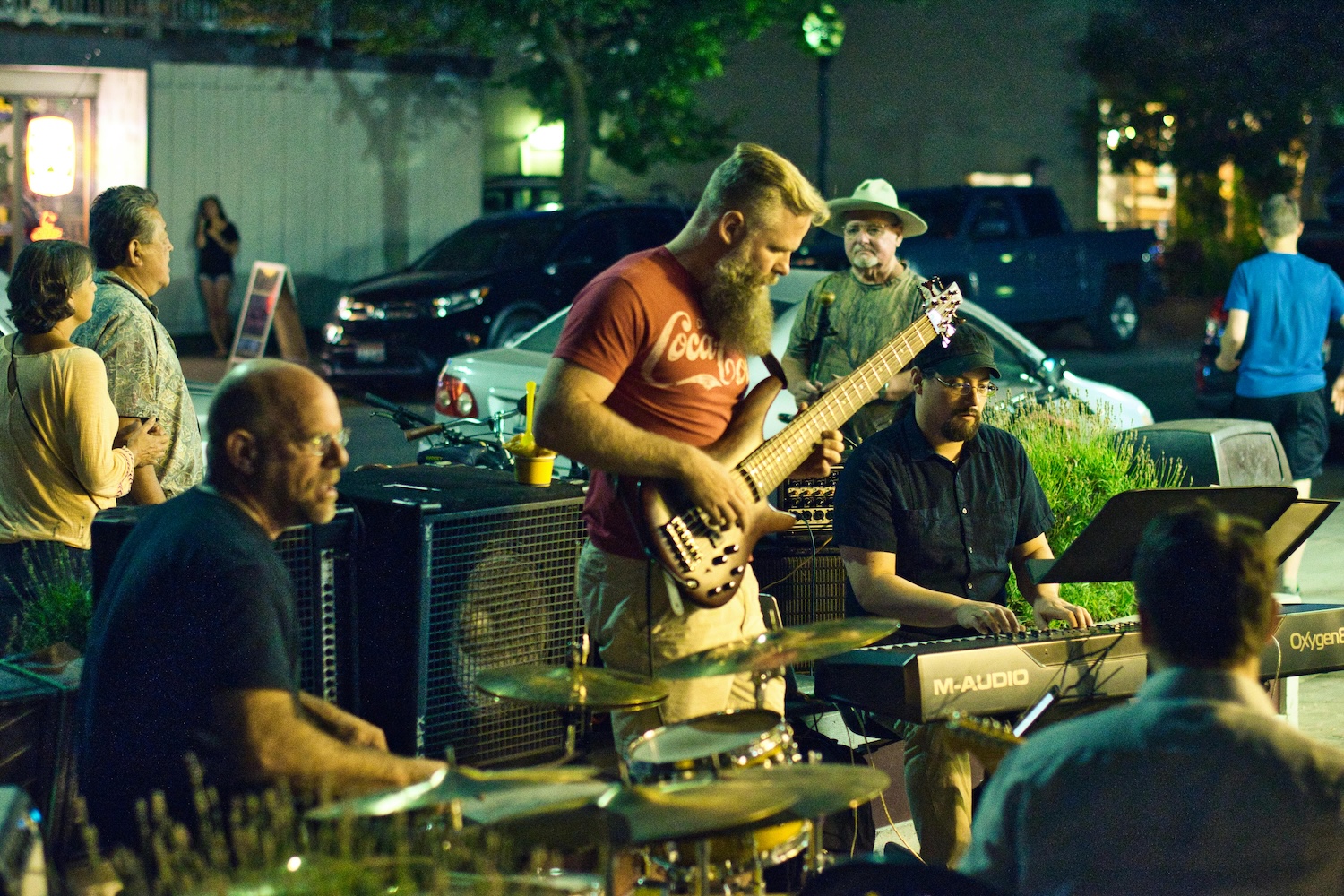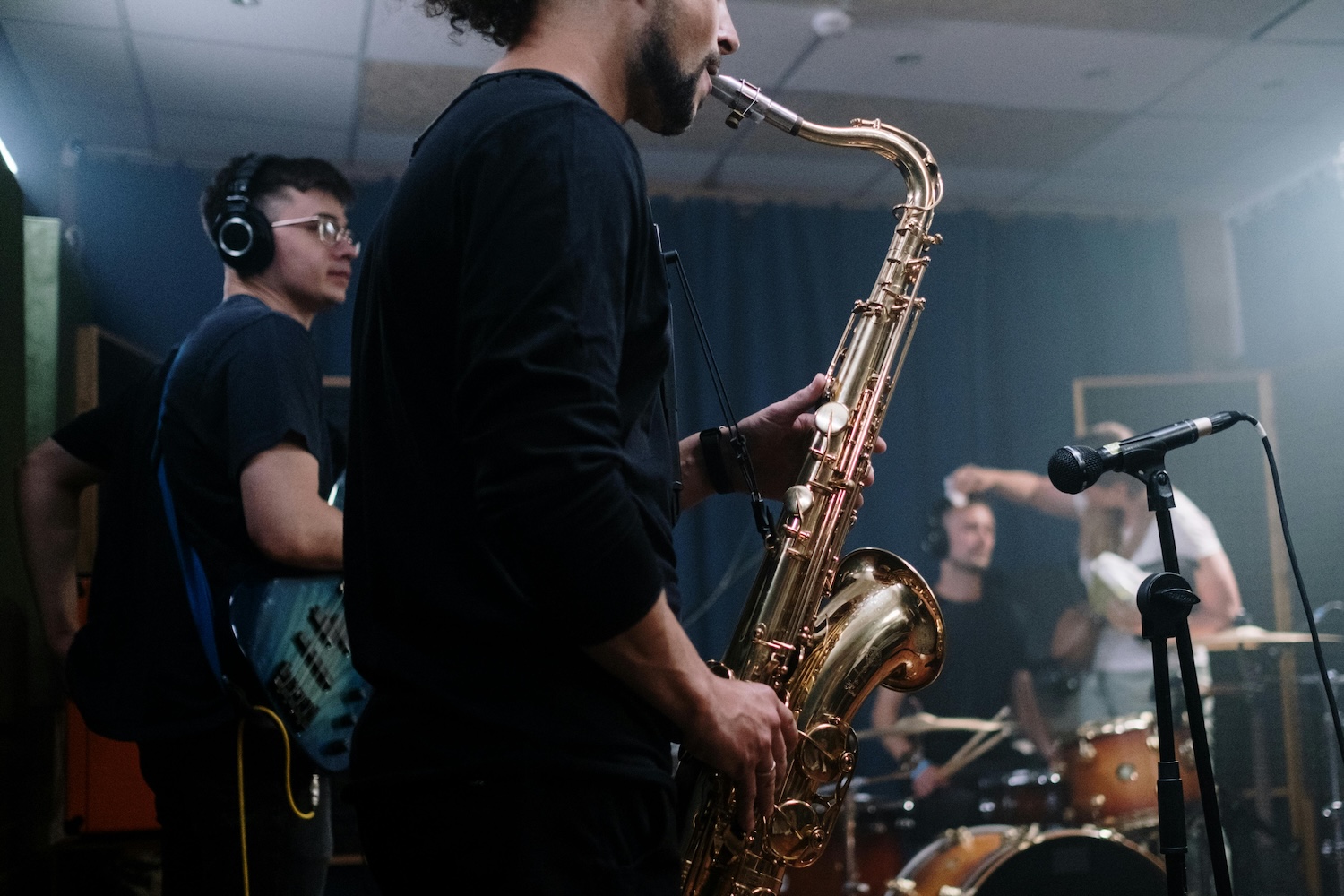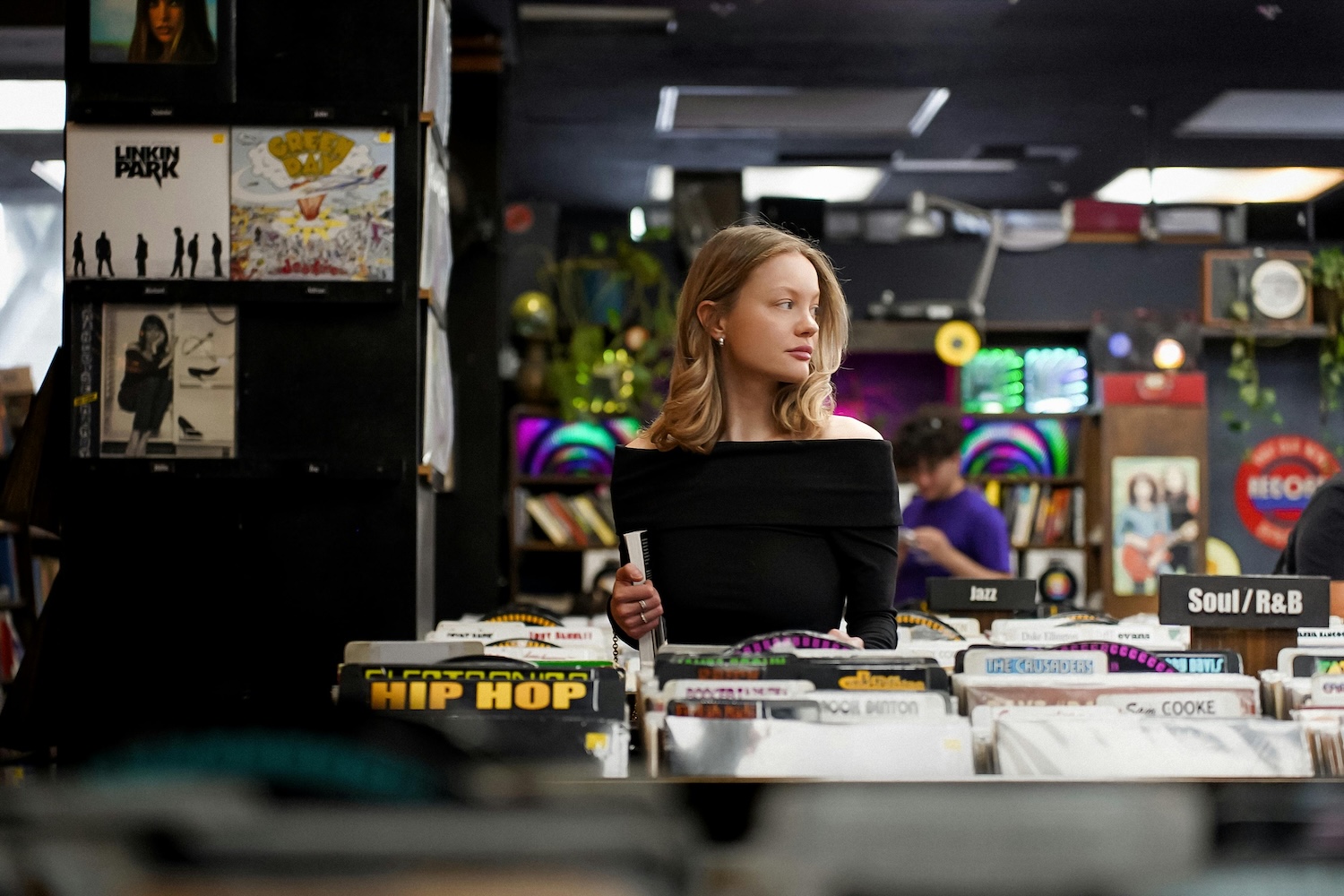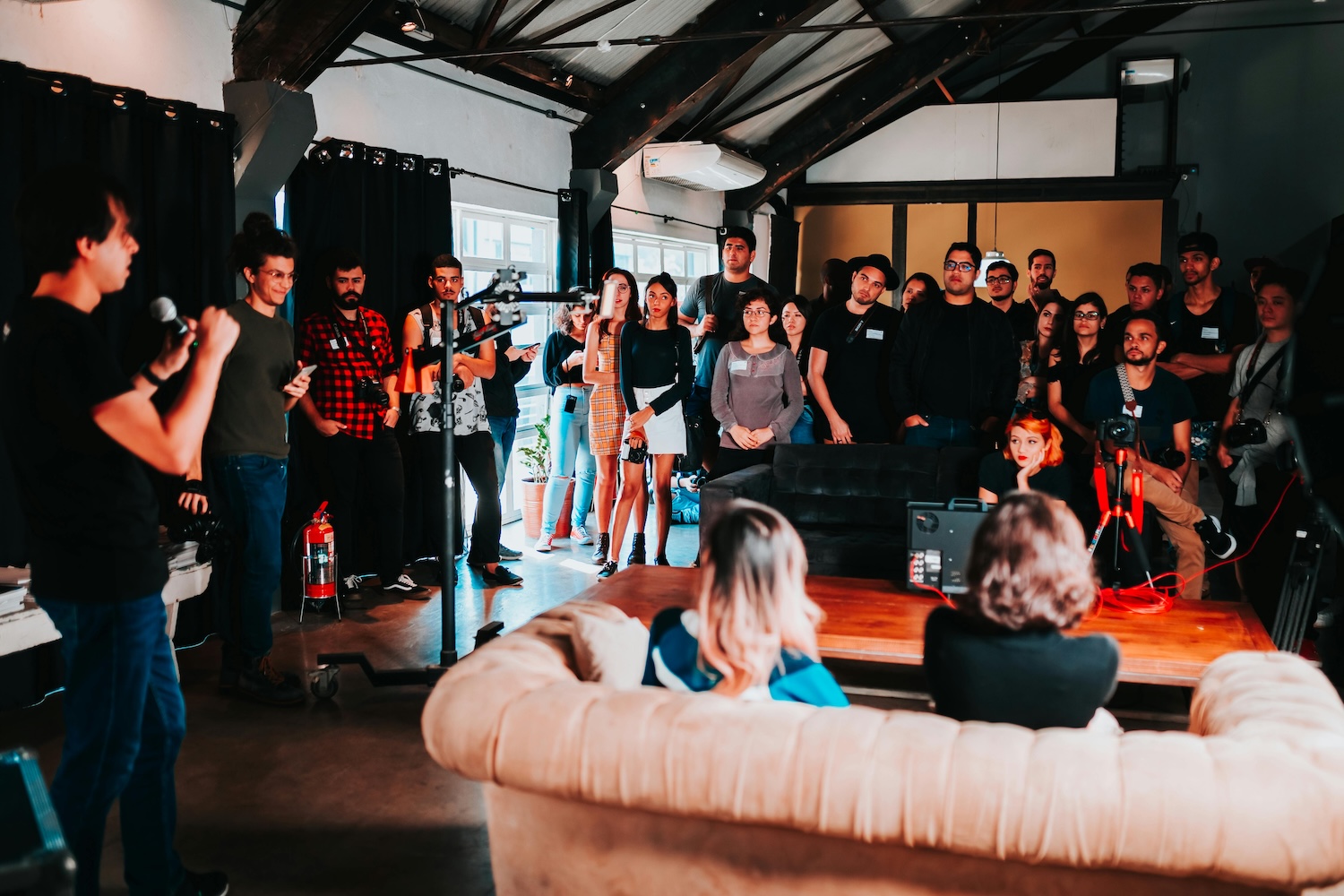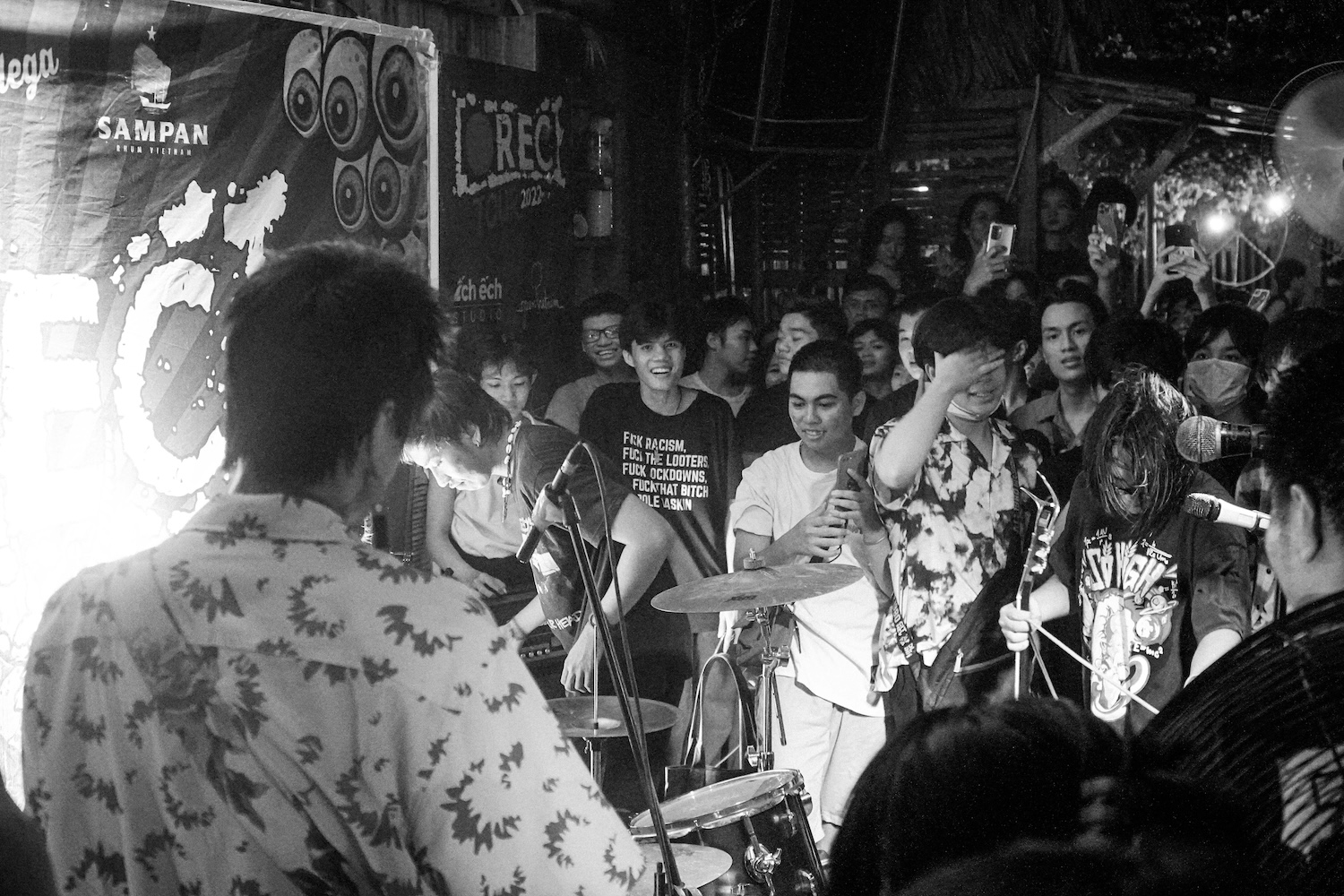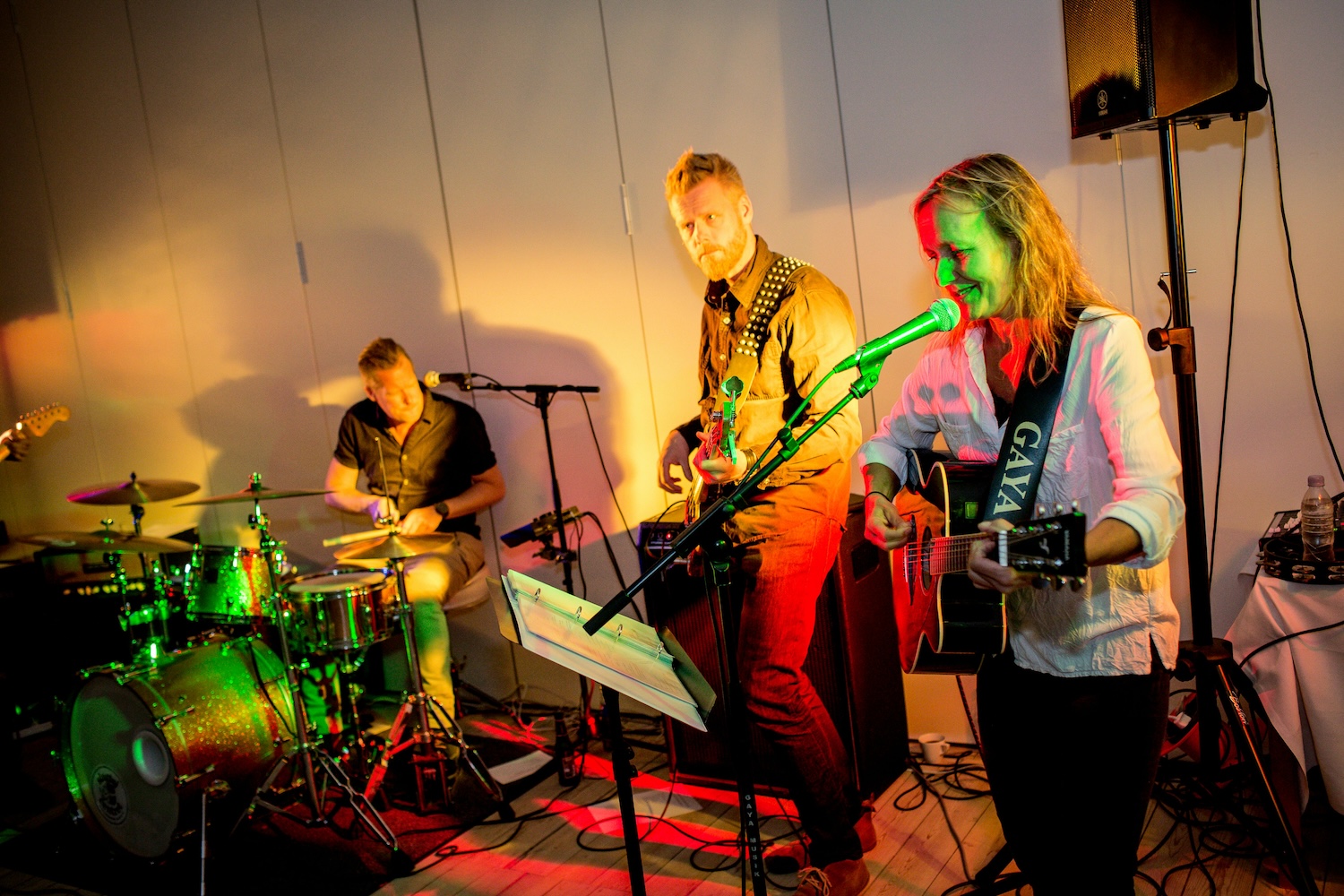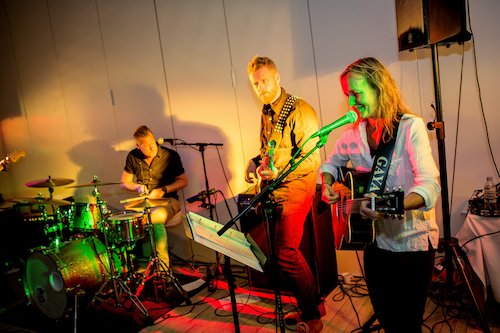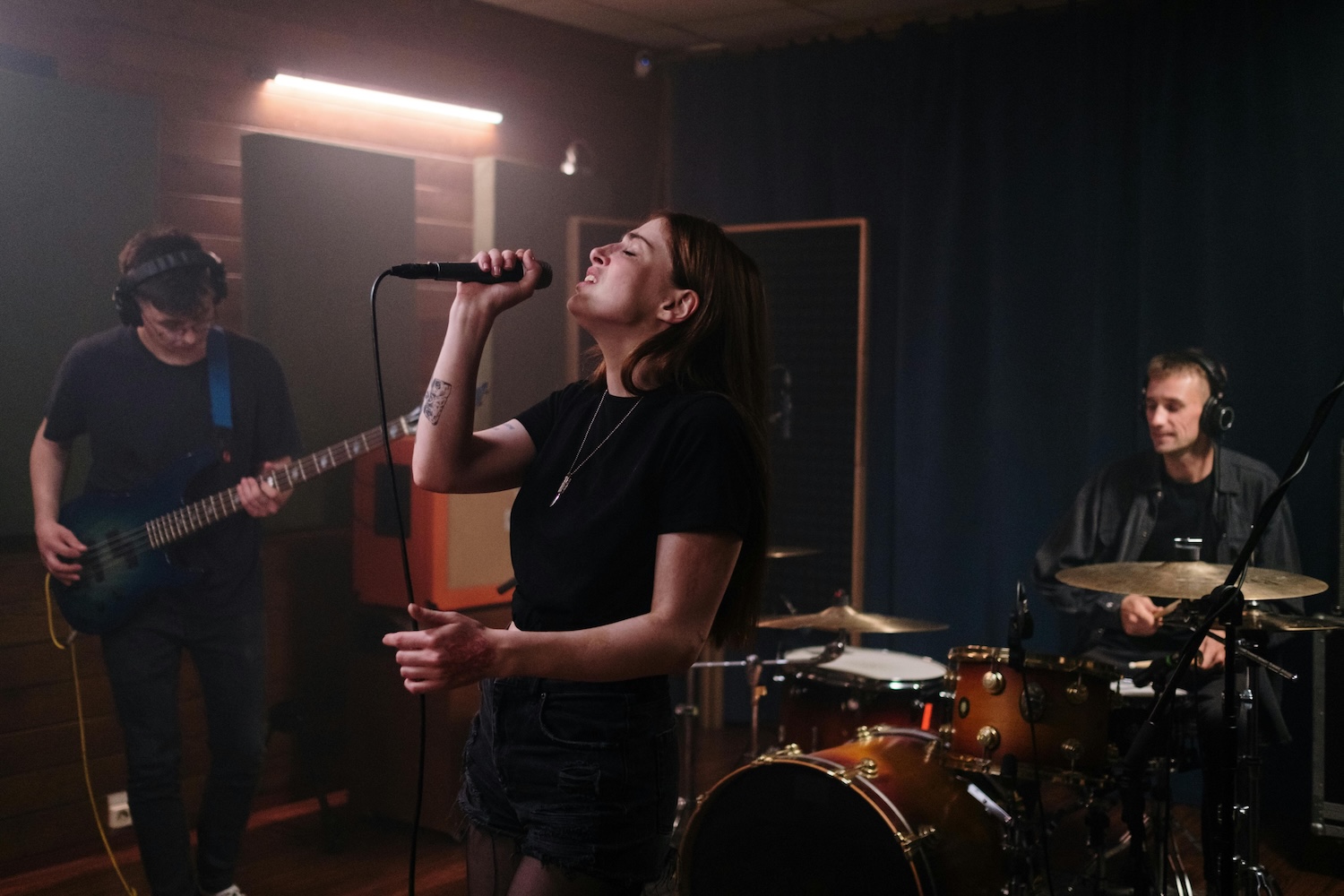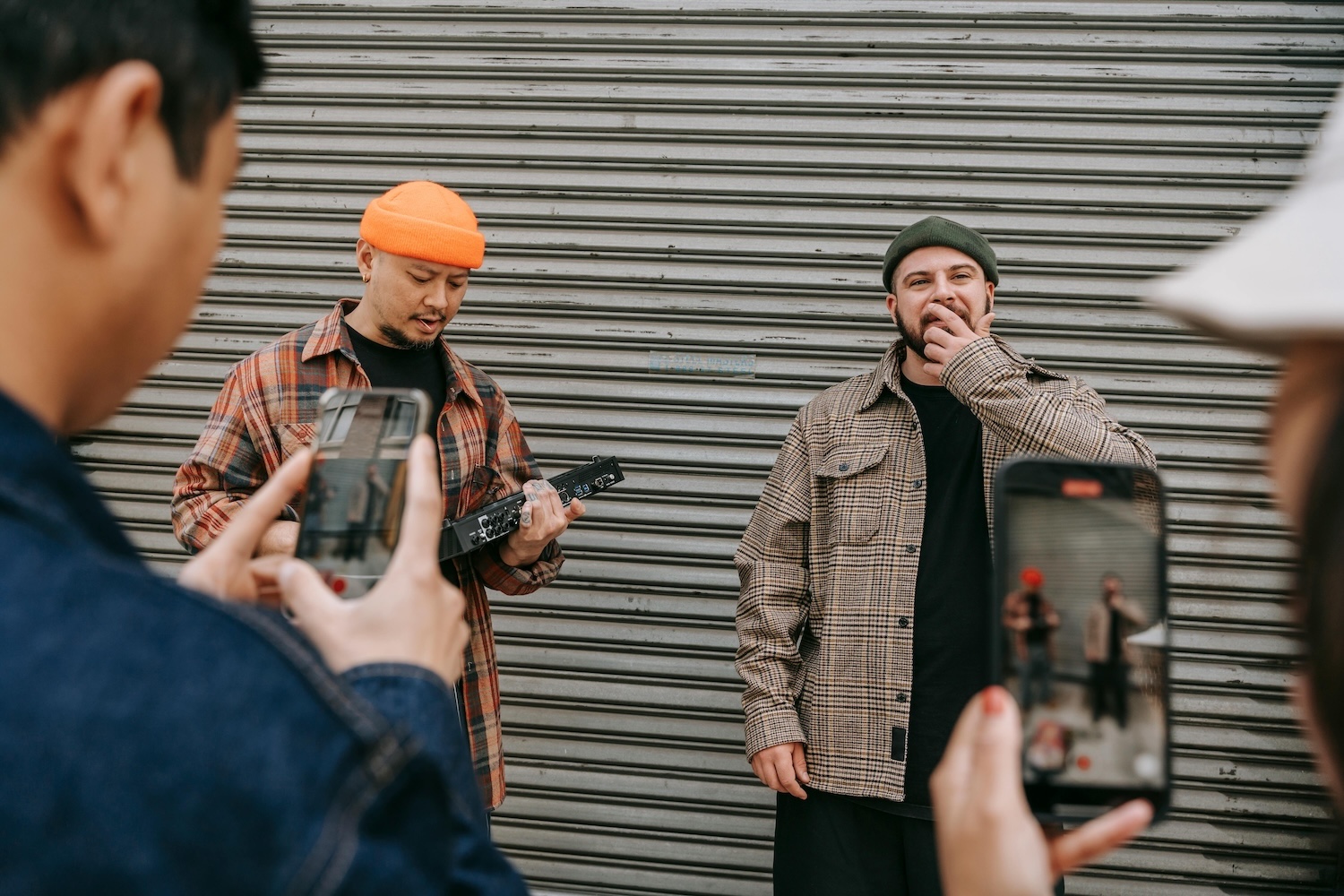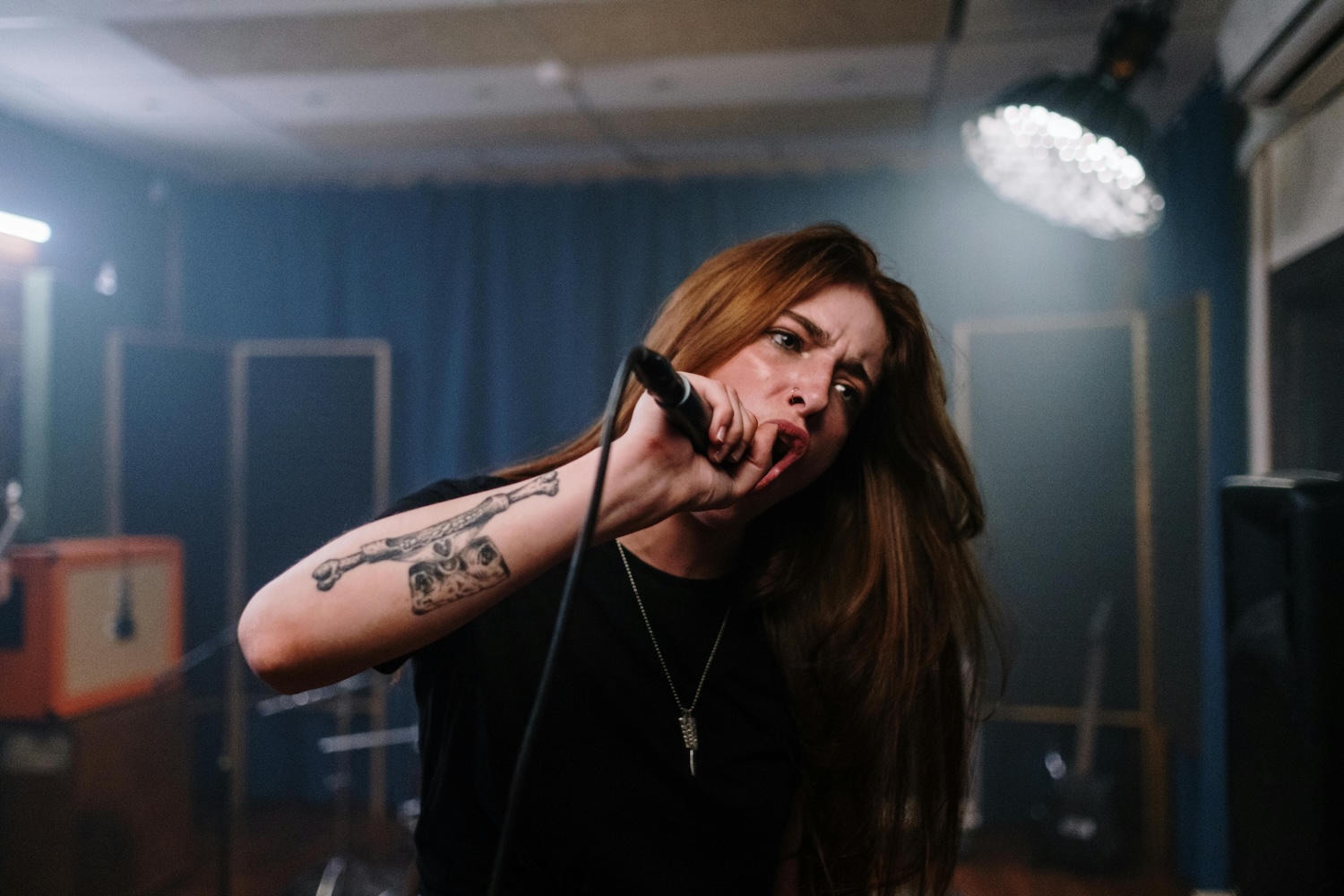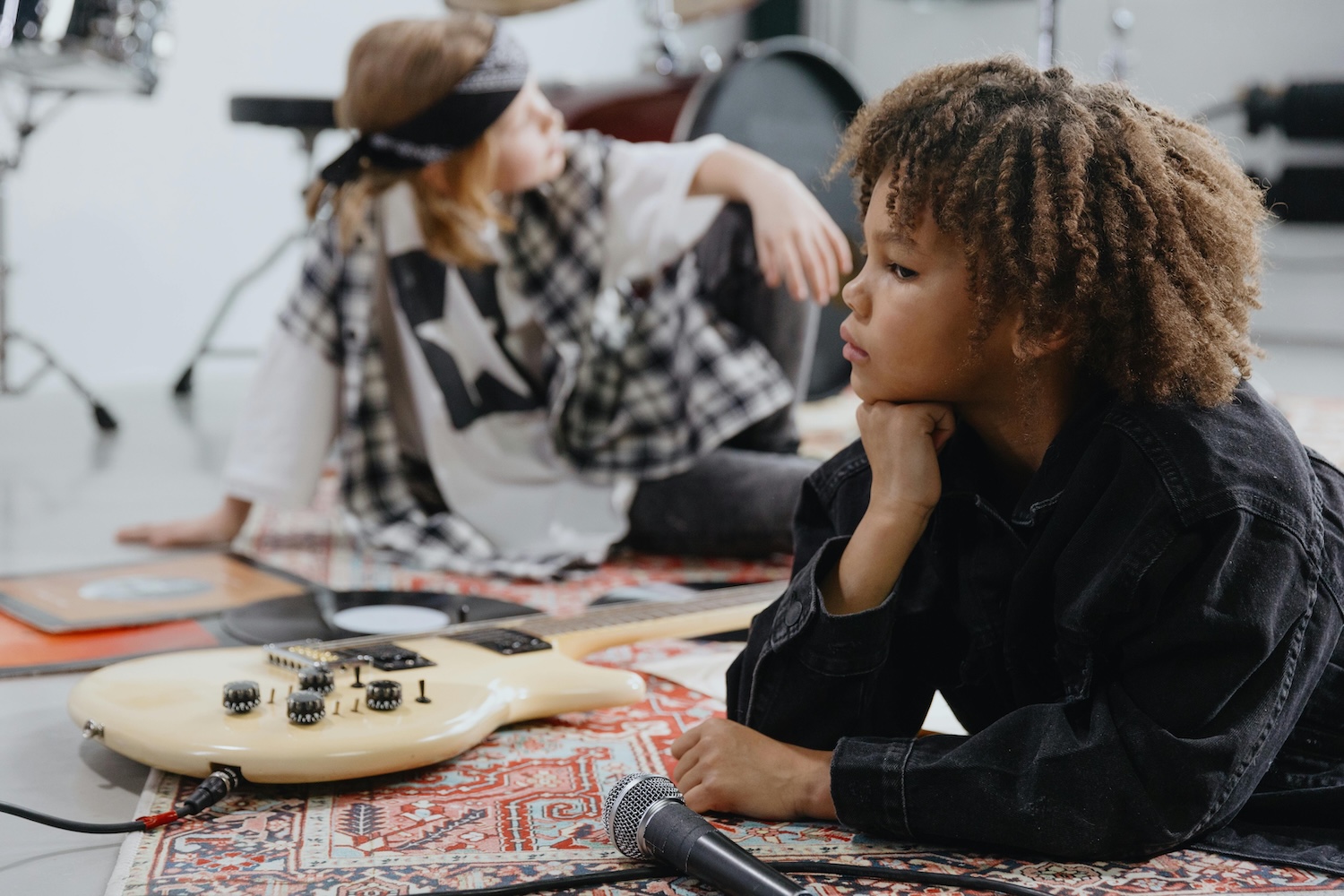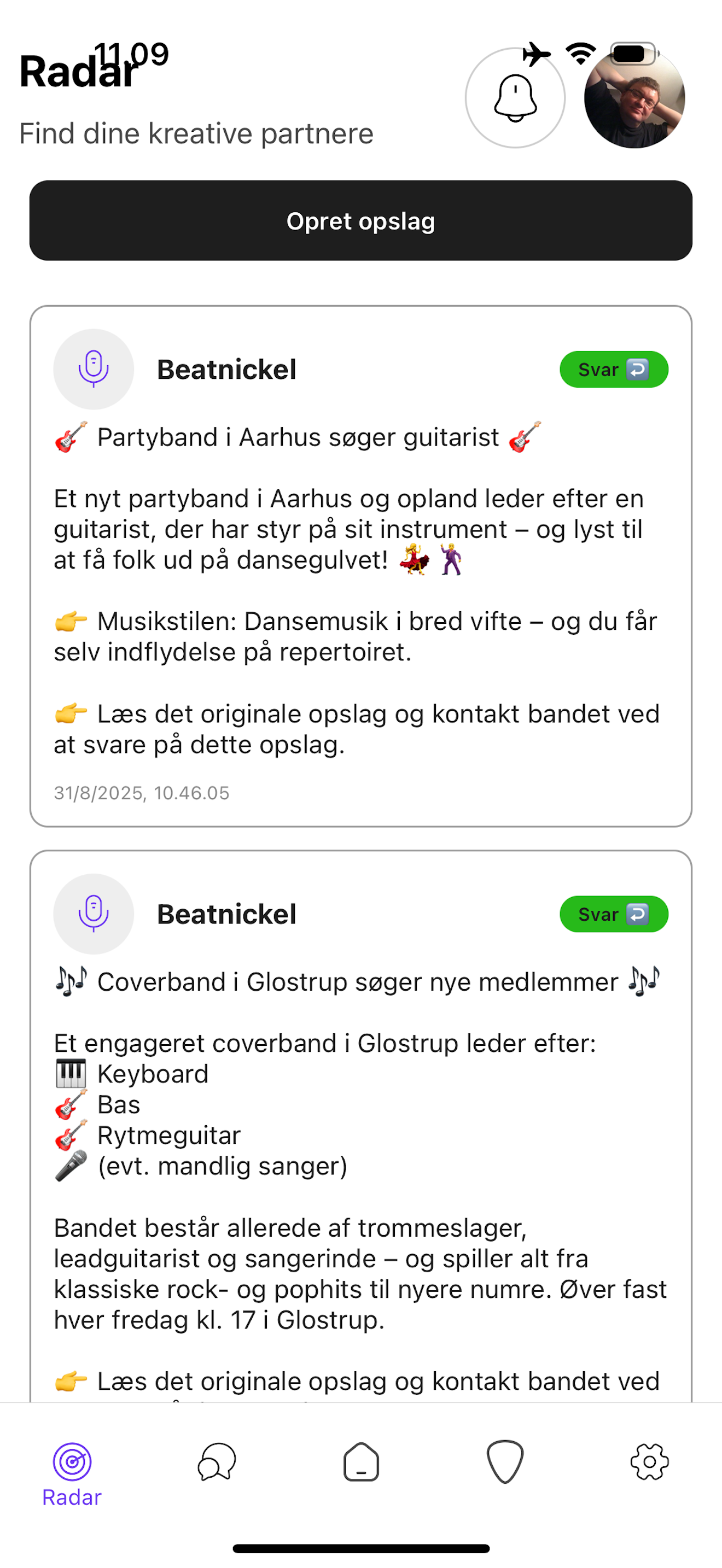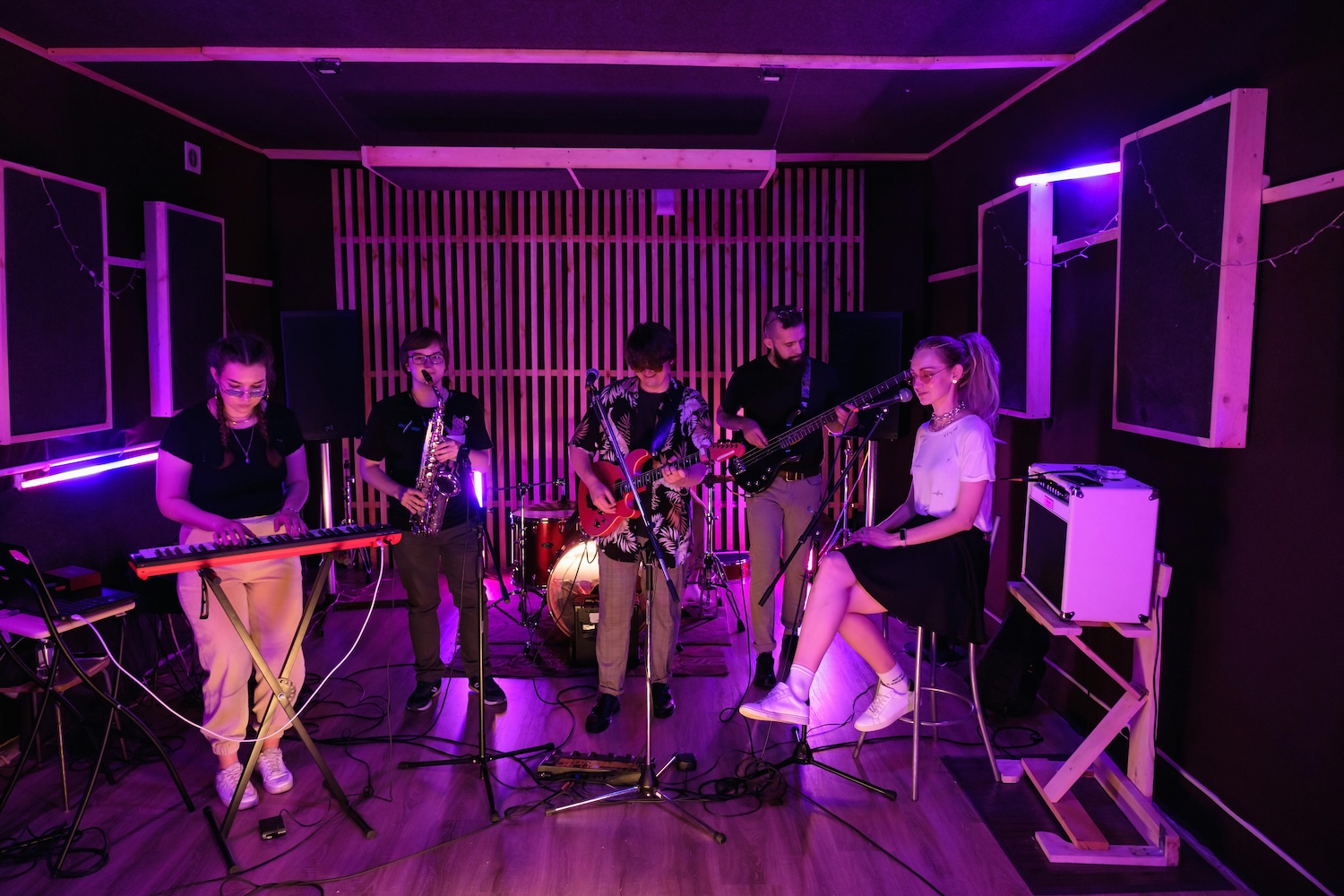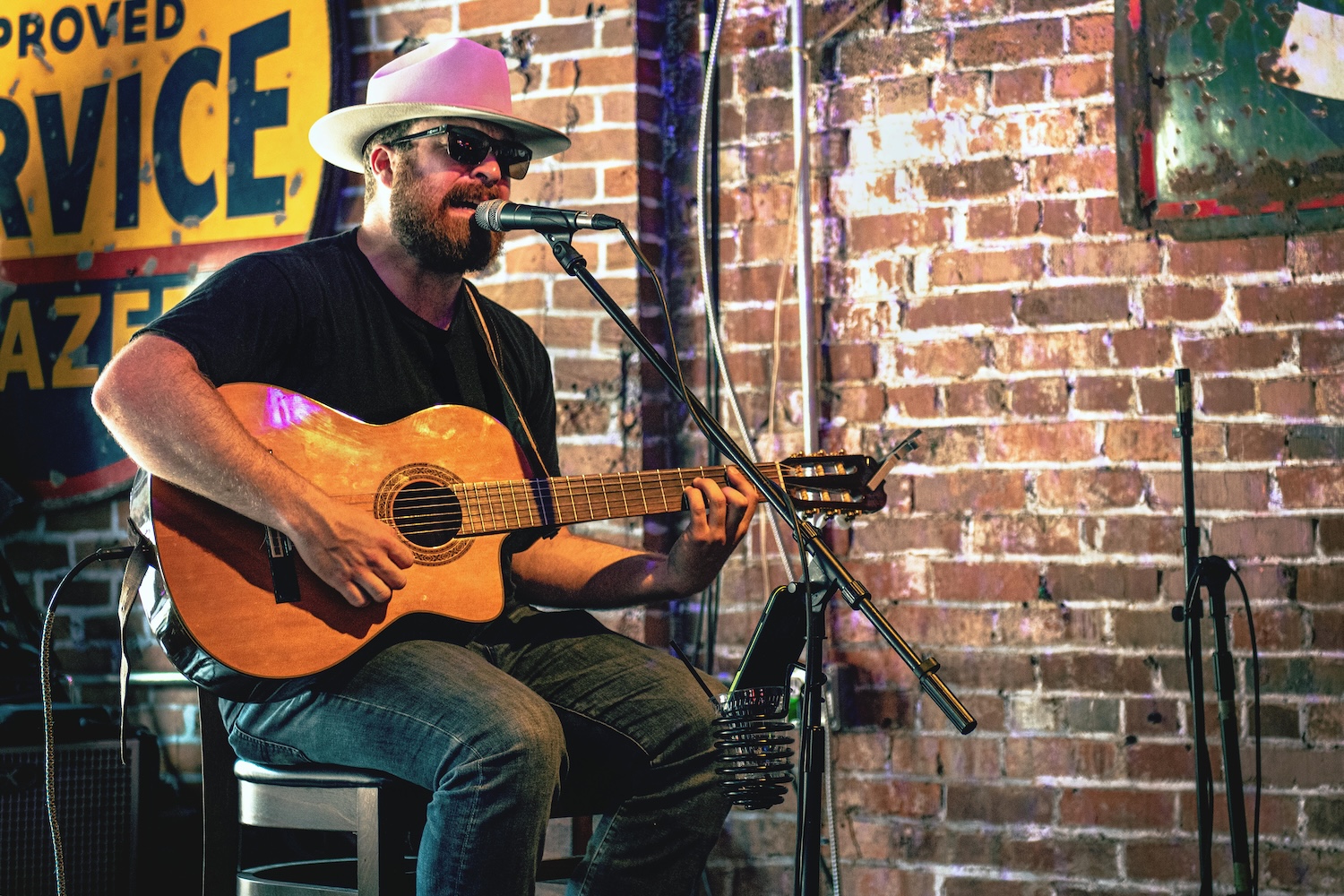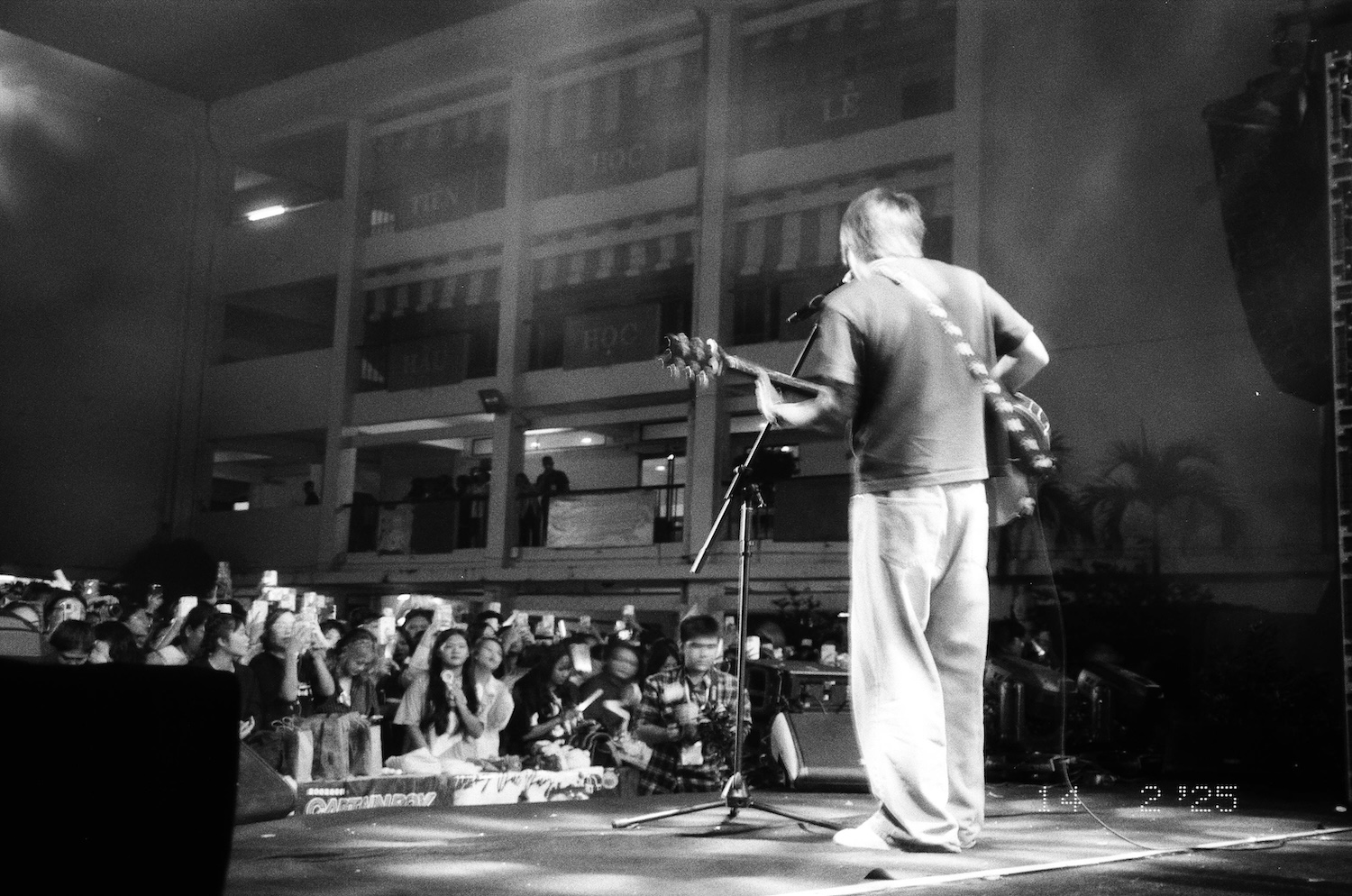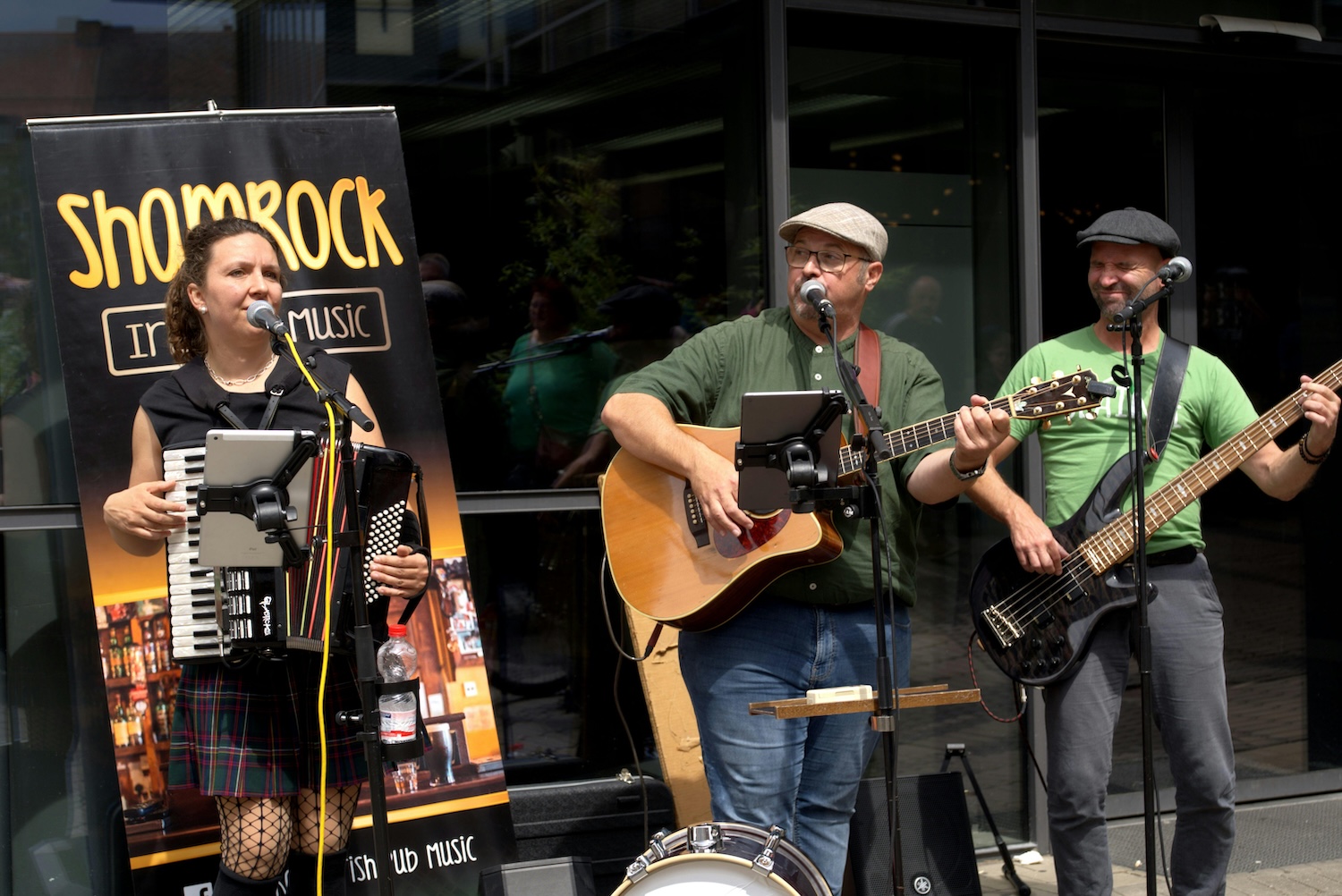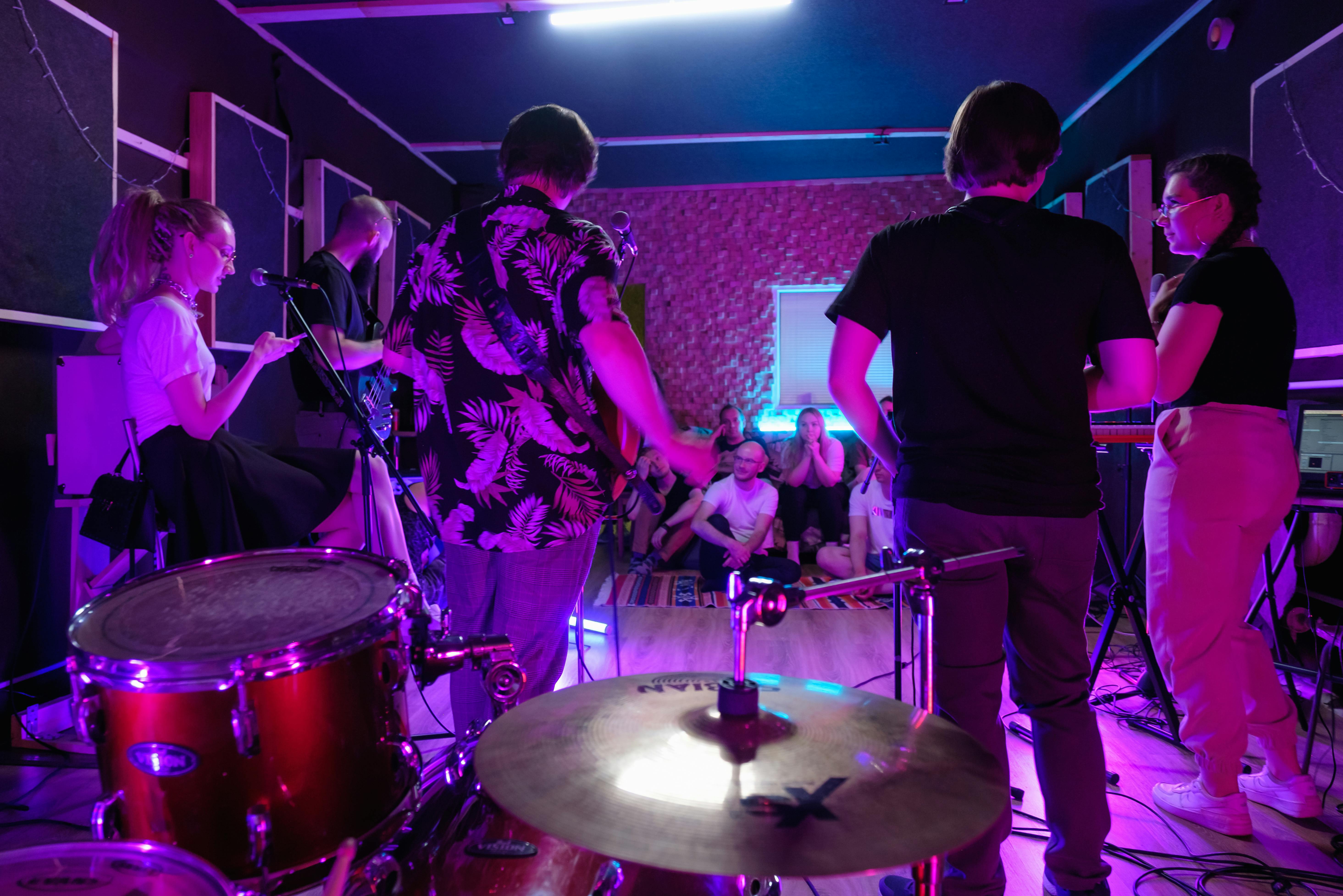The Patchwork Economy of Musicians – When One Job Is Never Enough
Date:
12.8.2025
Author:
Oli Olsen
The Patchwork Economy of Musicians – When One Job Is Never Enough
For many musicians, work life is anything but a regular 9-to-5 with a steady paycheck and predictable hours. Instead, their everyday reality is a patchwork of gigs, teaching, studio work, freelance projects, and sometimes jobs outside the music industry – all stitched together to make ends meet.
Wearing many hats at once
A concert here, some teaching there, a recording project, a freelance composition – and for many, a part-time job that has nothing to do with music. According to a nationwide survey by the Danish think tank Mandag Morgen, more than half of Danish musicians and composers had at least two simultaneous occupations in 2019. For some, that number is much higher.
This “patchwork economy” means that musicians often have far more income sources than people in other industries – sometimes more than 30 in a single year. That can be a strength, spreading the risk and opening new opportunities. But it can also be a challenge, requiring constant planning, hunting for new work, and switching roles on a daily basis.
Freedom and flexibility – but also insecurity
For some, the variety is one of the perks of being a musician. The freedom to choose projects, plan your own schedule, and work from a studio, home, or on tour is appealing. But that freedom comes at a price: income uncertainty, complex schedules, and often no safety net when it comes to pension, paid holidays, or sick leave.
Creativity under double pressure
An economy built from many small sources of income can create a constant backdrop of financial worry. Some musicians find that this pressure eats away at their creativity because they’re always thinking about the next gig, the next invoice, and the next project. For others, the variety fuels inspiration and opens doors to new musical directions.
The need for better conditions
The report shows that despite high education levels, musicians often earn less than the average Dane. This raises the question of how the industry, policymakers, and platforms can create better conditions so that musicians can focus more on their art – and less on survival.
If you’re a musician living the patchwork economy, you’re not alone. By sharing experiences, collaborating, and finding new ways to organize work, we can build a more sustainable music industry where creativity thrives without the constant struggle to make ends meet.
Other blogs







